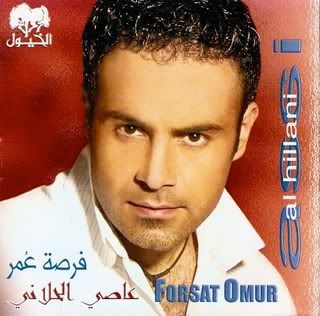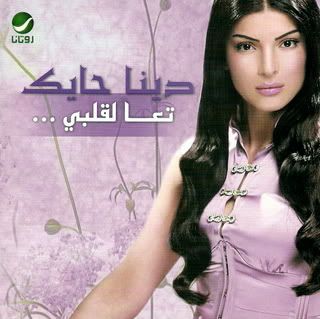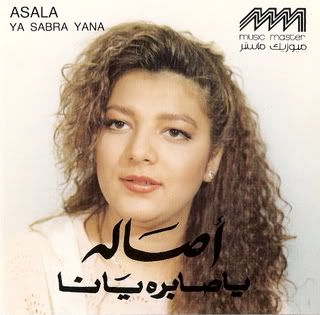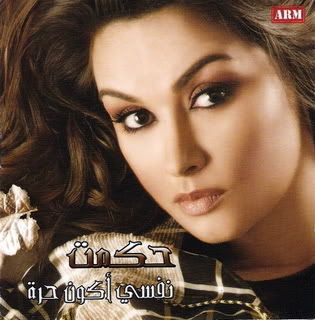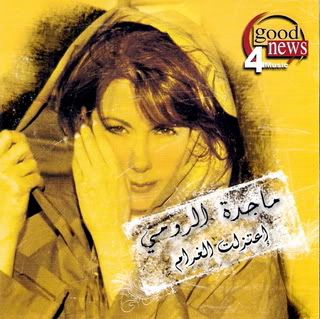Asr El Shawq is Marwan Khoury's third album, and it succeeded his first successful CD, 2004's Kel El Asayed. Like Kel El Asayed was, Asr El Shawq's songs are all written and composed by Marwan Khoury. However, unlike it's predecessor, which was arranged by Bilal El Zein, Asr El Shawq is arranged by Claude Chalhoub, Jean-Marie Riachi, Hadi Sharara, Adel Ayesh, Hani Siblini, and Mohamed Kebbe. Claude Chalhoub gives Asr El Shawq and Helweh El Hayat a classical air, while Hadi Sharara gives an upbeat electronic-influenced feel to La Tfakker. Mohamed Kebbe brings a mix of both classical and R&B on Ma Endon Khabar. Jean-Marie Riachi mainly arranges the more mellow or traditional-style songs on this album, like Khayef La Trouhi and We B'ellak Shou. The final track is an instrumental version of the hit Asr El Shawq by Claude Chalhoub on solo violin. Though Marwan Khoury is seemingly cursed by the inability to produce for himself the hits he has produced for so many Arab singers, this album is his most polished and enjoyable.


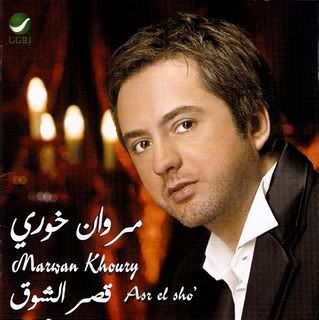
1. Asr El Shawq
2. Andi Sho'our
3. La Tfakker
4. Ma Endon Khabar
5. Khayef La Trouhi
6. Ya Men Bi Dam'i
7. Khallina N'ish
8. We B'ellak Shou
9. Helweh El Hayat
10. Asr El Shawq (Instrumental)
Download Here
256 Kbps + Covers



1. Asr El Shawq
2. Andi Sho'our
3. La Tfakker
4. Ma Endon Khabar
5. Khayef La Trouhi
6. Ya Men Bi Dam'i
7. Khallina N'ish
8. We B'ellak Shou
9. Helweh El Hayat
10. Asr El Shawq (Instrumental)
Download Here
256 Kbps + Covers

